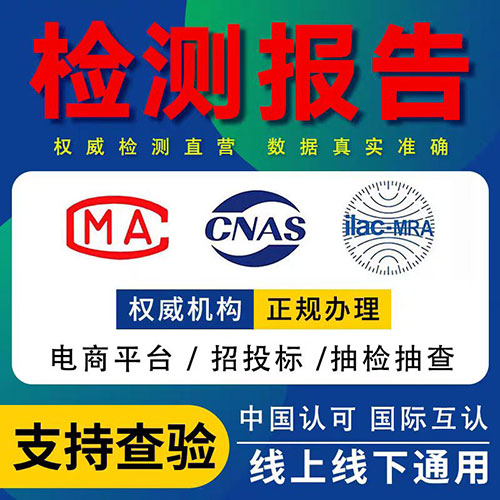rohs符合豁免类型
Introduction
ROHS compliance is a critical requirement for all electronic products that are sold in markets around the world. This is because the ROHS directive restricts the use of harmful substances in electronic products. However, there are certain exemptions within this regulation that allow the use of these substances in specific situations. In this article, we will discuss the different types of exemptions that exist under ROHS and their implications.
Exemptions under ROHS
Under ROHS, there are two types of exemptions: categorical exemptions and individual exemptions. Categorical exemptions apply to entire categories of products while individual exemptions are granted on a case-by-case basis.
Categorical Exemptions
Categorical exemptions under ROHS apply to certain categories of products where the use of certain restricted substances is unavoidable. For instance, lead is a commonly used substance in glass products due to its unique properties. Therefore, certain glass products are exempt from ROHS regulations. Other examples of categorical exemptions include medical equipment, photovoltaic cells, and military equipment.
Individual Exemptions
Individual exemptions are granted by the European Union on a case-by-case basis. The process involves filling out an application that details the intended use of the restricted substance. The EU then evaluates the application and decides whether or not to grant an exemption. Some common examples of individual exemptions include the use of hexavalent chromium in corrosion-resistant coatings and the use of cadmium in certain types of lighting.
Implications of Exemptions
The use of exemptions under ROHS can have both positive and negative implications. On the one hand, exemptions can allow for the use of certain substances that are necessary for the proper functioning of electronic products. This can be especially important in cases where there are no viable alternatives available. On the other hand, exemptions can also lead to the use of harmful substances in products that could otherwise be made safer.
Navigating ROHS Compliance
Navigating ROHS compliance can be challenging for electronic manufacturers, especially those that operate on a global scale. However, it is critical that all manufacturers understand the regulations and abide by them. Using third-party testing services like Province Testing can help manufacturers ensure their products are compliant with ROHS regulations while minimizing potential risks.
Conclusion
ROHS regulations are critical for ensuring the safety of electronic products sold around the world. While exemptions exist under this regulation, they should be approached with caution to ensure that the use of harmful substances is minimized as much as possible. Understanding the regulations and working with trusted testing services is key to achieving ROHS compliance without sacrificing product performance or safety.

 有样品要送检?试试一键送检,15分钟极速响应
有样品要送检?试试一键送检,15分钟极速响应



